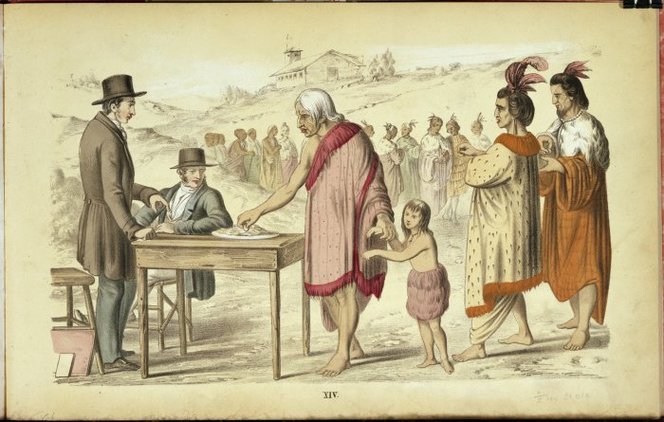
I am a student at in Uru Mānuka. In 2020 I was a year 9 and in 2021 I will be a year 10. This is a place where I will be able to share my learning with you. Please note....some work won't be edited - just my first drafts, so there may be some surface errors. I would love your feedback, comments, thoughts and ideas.
Monday, 22 February 2021
Heating Zinc Oxide

Spirituals
What were spirituals?
Who was Harriet Tubman and what was the underground railroad?
Hidden messages behind spirituals -
How are these events still significant today?
Tuesday, 16 February 2021
My Element!
If i were a metal element i would like to be Mercury and my symbol is Hg.
My atomic number is 80 which means I have 80 protons in my nucleus and 80 electrons around my nucleus.
At room temperature, I will be a liquid.
My melting point is -38.83 °C
My boiling point is 356.7 °C
We don't know who discovered mercury as Mercury or quicksilver has been known since ancient times. Mercury was known to the ancient Chinese, Egyptians, and Hindus and has been found in Egyptian tombs dating back to about 1500 B.C.
I am found in nature as very rarely the pure, liquid metal, but rather within compounds and inorganic salts.
My uses to humans are used to make thermometers, barometers and other scientific instruments. Mercury conducts electricity and is used to make silent, position-dependent switches. Mercury vapor is used in streetlights, fluorescent lamps and advertising signs.
Some interesting things about me are
Mercury – named after a Roman god known for speed and agility – is a chemical element that has fascinated humans for thousands of years. Mercury is the only metallic element that is liquid under standard conditions. It flows easily and has very high surface tension, so it forms shiny rounded beads.
Wednesday, 10 February 2021
The Treaty Of Waitangi
What I already know about Waitangi day -
On the 6th of February chiefs from all over met to sign a treaty of peace between new Zealand and the British crown in 1840. To this day we celebrate the treaty by making it a public holiday for everyone in New Zealand.
What I now know -
Waitangi day commemorates the day when the first Maori chiefs signed the treaty between the Maori and the British crown, the treaty being written in both Maori and English. The British arrived in 1830 Although most British migrants arrived in New Zealand in the late 1830s, Already they had plans for extensive settlement. Lieutenant-Governor William Hobson had the task of securing British sovereignty over New Zealand. The settlement was written over a few days and Missionary Henry Williams and his son Edward were in charge of translating the treaty into Maori. The Maori spent a day debating the document and then the first signature was signed on the 6th of February by Hōne Heke followed by another 39 chiefs. By September another 500 chiefs had signed the copies of the treaty that had been sent around new Zealand. Later the colonial office in England declared that the treaty would apply to everyone whether or not their chiefs had signed the treaty or not. British sovereignty over the country was proclaimed on 21 May 1840.
The Treaty is a broad statement of principles on which the British and Māori made a political compact to found a nation-state and build a government in New Zealand. Although Henry Williams's son Edward translated the English draft into Māori overnight on 4 February a few errors occurred with the translation, most significantly, the word ‘sovereignty’ was translated as ‘kawanatanga’ (governance). This created a lot of issues as the British believed that they had total control over the country whereas the Maori had signed to governance, and still believed that they had control over their lands and people. Different understandings of the Treaty have long been the subject of debate. Now the 6th of February is recognized as New Zealand's national day and marks the most important event in New Zealand history and is a public holiday.
Goverment Source -
https://nzhistory.govt.nz/politics/treaty/the-treaty-in-brief
Another source
https://www.waitangi.org.nz/whats-on/waitangi-day/
